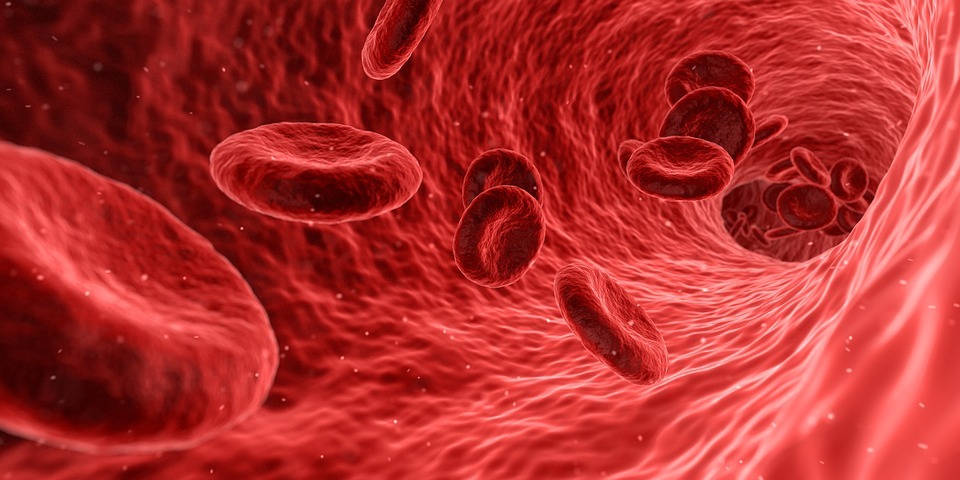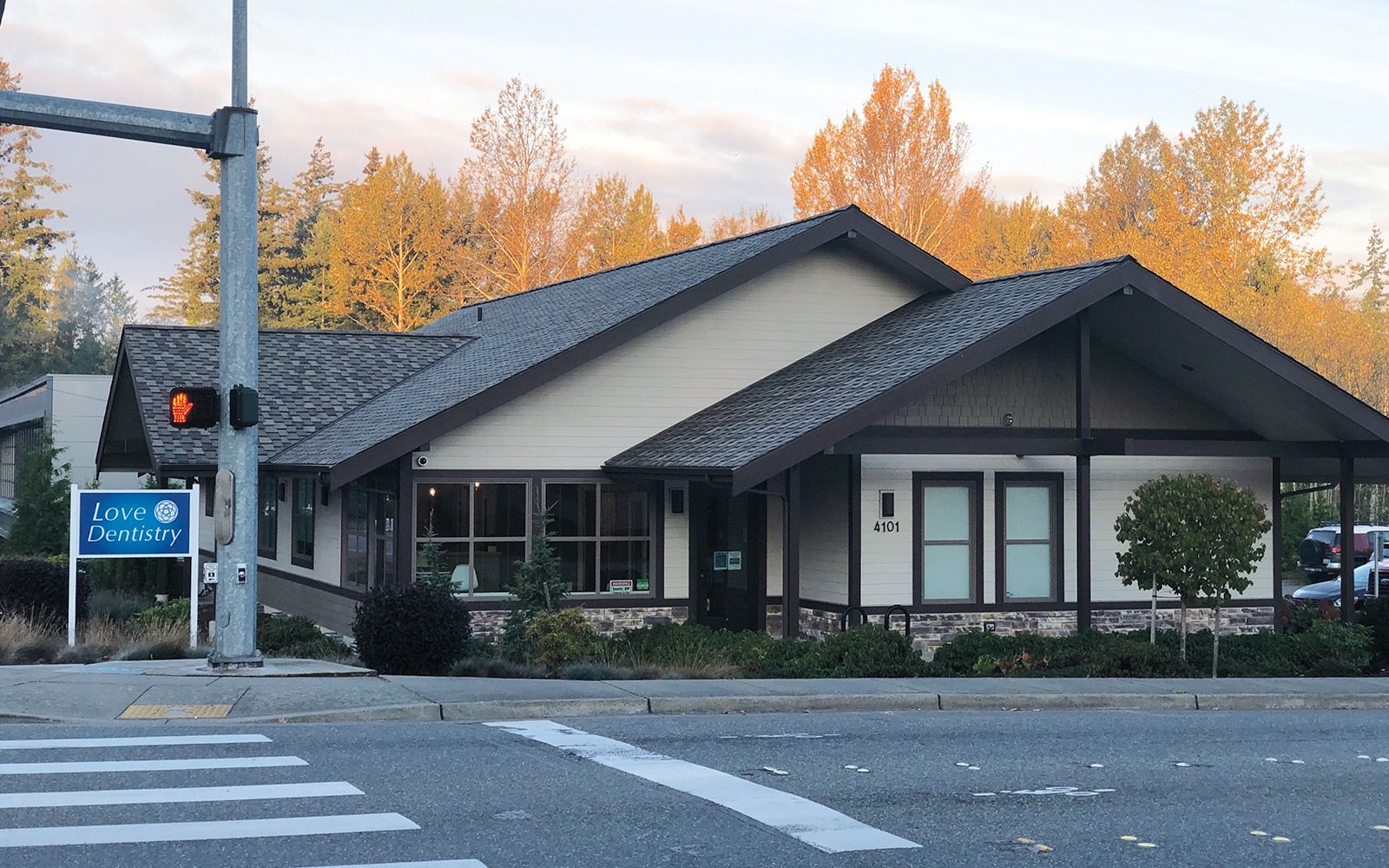BY : BECKY MANDELBAUM, PHOTOS COURTESY OF KAILLY GONZALEZ AND PHOTOS FOR THE PEOPLE
One morning this past September, I noticed something strange: my front tooth was chipped. It wasn’t an extreme chip, just a little notch in the corner, but it created a jagged edge I could feel with my tongue and that was noticeable up-close.
I didn’t think much of the chip. I figured I’d cracked it on a popcorn kernel, or while absentmindedly chewing on a pen cap. It didn’t seem like a big deal, until I visited the dentist a few weeks later.
I was there for a routine cleaning, but as soon as I opened my mouth, the dental hygienist asked me a question I’d never been asked before: Did I grind my teeth?
I told her that, as far as I knew, I had never ground my teeth.
“Have you been waking up with headaches?” she asked.
I answered yes, because I had been waking up with headaches, but had ascribed them to the general stress of living in a pandemic in the wake of a momentous presidential election.
“You’re probably grinding your teeth,” the hygienist said, and then showed me, with a mirror, all the places where I had ground away at my canines and molars. I was mortified, not only that I had done so much damage to my own teeth, but that I had done it without even noticing.
Grinding, Clenching, and Mask-Mouth
As it turns out, my story is reflective of a larger trend. Dr. Aimée Werremeyer of Love Dentistry in Bellingham has seen a huge increase in chipped and fractured teeth since the pandemic began — in fact, it’s been the number one thing people call in about. Some weeks she sees a new tooth fracture every day. She’s even seen cases of lock-jaw. The culprit? Teeth-grinding and jaw clenching, known technically as bruxism.
“Everyone is under so much stress, we’re taking it out on our teeth and don’t even know that we’re doing it,” says Dr. Werremeyer.
While stress is a primary cause of bruxism, additional factors also come into play. A New York Times article about the recent uptick in tooth fractures noted poor posture from at-home work stations and lack of sleep as two other contributing causes.
Another concern among dentists is something referred to as “mask mouth.” While masks are mandatory and essential to slowing the spread of COVID-19, they also interfere with our normal mouth behavior.
When we wear a mask, Dr. Werremeyer explains, we open our mouth wider than we normally would, in an attempt to breathe and talk better. This leads to issues with our jaw, but also mouth dryness, which causes a slew of nasty side effects.
Saliva plays a critical role in oral health. It fights bacteria, cleanses teeth, and neutralizes acid in the mouth, thus preventing gum disease and decay. When our mouth is dry, saliva isn’t doing this work, leaving our teeth and gums vulnerable to harmful bacteria. Symptoms of mask mouth include gingivitis, tooth decay, halitosis (sour breath), receding gum lines, and bruxism. While bad in their own right, gum disease and periodontal disease can also contribute to heart disease and stroke.
“Our mouths are connected to our whole digestive track,” Dr. Werremeyer explains. “If your mouth has yucky bacteria, that gets into your digestive system…and weakens your immune system.”
Protecting Your Smile
Luckily, there’s a lot one can do to maintain oral hygiene during the pandemic.
When it comes to grinding and clenching, Dr. Werremeyer suggests buying an occlusal guard, such as a nightguard or daytime splint. You can find versions of these at your local pharmacy, or have your dentist create a custom mold. A custom-made mold from your dentist will be thinner and less likely to irritate you at night.
While occlusal guards prevent you from damaging your teeth, it’s also important to address the cause of the grinding, namely stress and anxiety. Dr. Werremeyer’s suggestion is simple but poignant: Take care of yourself.
“I think self-care is huge right now, so that we can destress, finding those things that make us happy and make us feel good about ourselves,” Dr. Werremeyer explains.
In some instances, Dr. Werremeyer has also referred patients to physical therapists and massage therapists, to address tension in the temporomandibular joint.
Since masks are non-negotiable given the times, here are some things you can do to avoid the effects of mask mouth:
- Drink more water
- Try to breathe through your nose when wearing a mask
- Avoid caffeine and alcohol, which are dehydrating
- Use alcohol-free mouthwash (those with alcohol, like Listerine, can dry out your mouth)
- Use a humidifier, especially in your work place or in you room while sleeping
- Scrape or brush your tongue
- Avoid smoking, which dries out the mouth
See Your Dentist
One of the best things you can do for your dental health is visit the dentist. A daunting task under normal circumstances — in a 2018 survey, more than 40% of American reported not seeing the dentist as frequently as they would prefer — maintaining oral hygiene is more important than ever.
“As much as patients are scared to go to the dentist, it’s also what will help increase our immune system,” Dr. Werremeyer says.
Those wary of visiting a place that traffics in open mouths can take comfort knowing most dental offices are going above and beyond to make sure their clinics are safe and clean.
At Love Dentistry, Dr. Werremeyer has implemented various safety protocols and equipment. Her office has begun using air purifiers, extra oral vacuums to pick up aerosols, and a mouth rinse that kills localized bacteria and viruses. Staff is required to change into new clothes between each patient, clean the bathroom after every use, and undergo daily screenings and temperature-checks. Check-in occurs in the parking lot and anyone in the waiting room must wear a mask.
These precautions must be working; according to recent data, no COVID-19 transfers have occurred in a dental setting in the U.S.
“Find your favorite dentist, and ask for help, and make sure that you’re preventing any of these things from causing irreversible damage,” Dr. Werremeyer says.




















